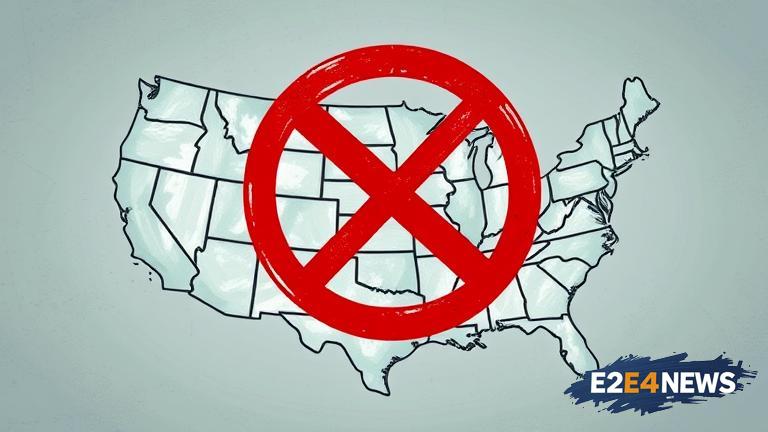The United States has taken a significant step towards ensuring public health and safety by banning the use of mercury in vaccines. This move is a major victory for advocates who have been pushing for the removal of this toxic substance from vaccines for years. Mercury, a known neurotoxin, has been linked to a range of health problems, including autism, ADHD, and other neurological disorders. Despite the risks, mercury has been used as a preservative in vaccines for decades, sparking widespread controversy and debate. The ban on mercury in vaccines is a result of growing concerns over the safety of vaccines and the potential harm they may cause. The US government has finally taken action, recognizing the need to protect the public from the dangers of mercury. This decision is expected to have a significant impact on the vaccine industry, with manufacturers now required to use alternative preservatives. The ban on mercury in vaccines is also expected to boost public confidence in vaccines, which has been eroded in recent years due to safety concerns. The use of mercury in vaccines has been a topic of controversy for many years, with some arguing that it is necessary to prevent the growth of bacteria and other microorganisms. However, others have argued that the risks associated with mercury outweigh any potential benefits. The scientific community has been divided on the issue, with some studies suggesting a link between mercury and health problems, while others have found no evidence of harm. Despite the controversy, the US government has taken a cautious approach, recognizing the need to prioritize public health and safety. The ban on mercury in vaccines is a major step forward, but it is not without its challenges. Manufacturers will need to find alternative preservatives, which may be more expensive and less effective. Additionally, the ban may lead to shortages of certain vaccines, which could have significant public health implications. Nevertheless, the benefits of the ban are expected to outweigh the costs, with the potential to prevent thousands of cases of mercury-related health problems. The US is not the first country to ban mercury in vaccines, with several other countries having already taken similar action. The World Health Organization (WHO) has also recommended the use of mercury-free vaccines, recognizing the potential risks associated with this toxic substance. The ban on mercury in vaccines is a significant victory for public health advocates, who have been pushing for this change for years. It is a testament to the power of advocacy and the importance of prioritizing public health and safety. The US government has sent a clear message that it is committed to protecting the public from harm, and this decision is expected to have a significant impact on the vaccine industry. In conclusion, the ban on mercury in vaccines is a major step forward for public health and safety. It is a victory for advocates who have been pushing for this change for years, and it is a testament to the power of advocacy. The US government has taken a cautious approach, recognizing the need to prioritize public health and safety, and this decision is expected to have a significant impact on the vaccine industry. With the ban on mercury in vaccines, the US is joining a growing list of countries that have taken action to protect the public from this toxic substance. The future of vaccine safety looks bright, with a growing recognition of the need to prioritize public health and safety. As the vaccine industry continues to evolve, it is likely that we will see further changes aimed at improving safety and reducing the risk of harm. The ban on mercury in vaccines is just the beginning, and it is expected to have a significant impact on the future of public health. The US government has set a precedent, and it is likely that other countries will follow suit. The use of mercury in vaccines has been a topic of controversy for many years, and it is finally being addressed. The ban on mercury in vaccines is a major victory for public health advocates, and it is a testament to the power of advocacy. The future of vaccine safety is looking bright, and it is likely that we will see further changes aimed at improving safety and reducing the risk of harm.
